Drinking Water Protection
- Drinking Water Protection Home
- About Us
- A-Z Index of Contaminants in Water
- Community Public Water Supply
- Drinking Water Grants and Loans
- Drinking Water Institute
- Drinking Water in Schools and Child Cares
- Drinking Water Revolving Fund
- Laws and Rules
- Noncommunity Public Water Supply
- Source Water Protection
- Water Operator and Certification Training
- Drinking Water Protection Contacts
Related Topics
- Annual Reports
- Drinking Water Risk Communication Toolkit
- Drinking Water Protection External Resources
- Fact Sheets
- Forms
- Invisible Heroes Videos: Minnesota's Drinking Water Providers
- Noncom Notes Newsletter
- Sample Collection Procedures (videos, pictures, written instructions)
- Waterline Newsletter
Related Sites
- 10 States Standards
- Clean Water Fund
- Health Risk Assessment – Guidance Values and Standards for Water
- Minnesota Well Index
- Water and Health
- Wells and Borings
Environmental Health Division
Waterline: Winter 2021-2022

Editor:
Stew Thornley
Subscribe to The Waterline newsletter. An e-mail notice is sent out each quarter when a new edition is posted to the web site.
On this page:
- John Kriesel to be Keynote Speaker for 2022 Metro Water Operators School
- Pipestone Presented with EPA Aquarius Award
- Water Wastewater Utilities Treatment and Technology (WUTT) Program Update
- DWP Profiles: David Vaaler, Stephanie Voeller, and Indran Kamalanathan
- Words to Live By
- Past Waterlines Archived at wateroperator.org
- Reminder to All Water Operators
- Calendar
John Kriesel to be Keynote Speaker for 2022 Metro Water Operators School
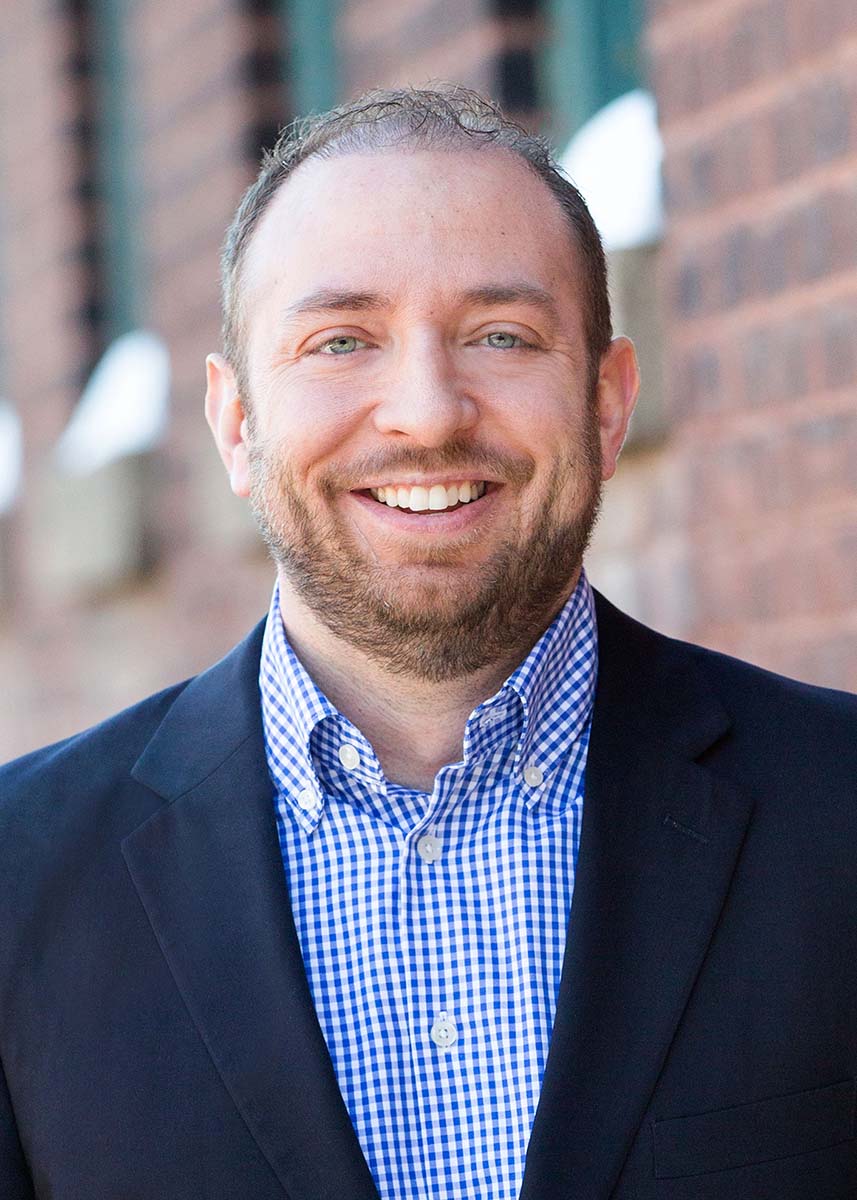 The Metro Water Operators School is back after a two-year absence because of COVID-19. It will be at the Earle Brown Heritage Center in Brooklyn Center from Tuesday, April 5 to Thursday, April 7, 2022.
The Metro Water Operators School is back after a two-year absence because of COVID-19. It will be at the Earle Brown Heritage Center in Brooklyn Center from Tuesday, April 5 to Thursday, April 7, 2022.
The keynote speaker the opening morning will be John Kriesel (pictured at right), who is a former member of the Minnesota House of Representatives and currently a motivational speaker, author, and part-time personality on KFAN Radio. In 2006 Kriesel lost his legs in Iraq when an improvised explosive device detonated. He was at Walter Reed Army Medical Center for nine months and will share his stories and lessons with the water operators April 5. He is the author of the book, Still Standing: The Story of SSG John Kriesel, which will be available to buy at the school.
Classes will cover half-day sessions on distribution, treatment, leadership, regulatory issues, operations, and emerging technologies.
The breakfast and lunch on Wednesday, April 6 will include speakers on the topics of an update on commercial driver’s licenses and on diversity and inclusion.
A study class for those taking the exams for Class C and D licenses will be Wednesday with exams for all classes on Thursday morning, April 7.
Special Session for Superintendents
The annual vendor exposition will happen Thursday morning along with mini-sessions and Gimmicks and Gadgets. In addition, all superintendents are invited to attend on Thursday morning at a special price. In addition to admission to the vendor exposition and lunch that day, a special session for supervisors and superintendents will be held.
Go to top
Pipestone Presented with EPA Aquarius Award

Pipestone's new water treatment plant.
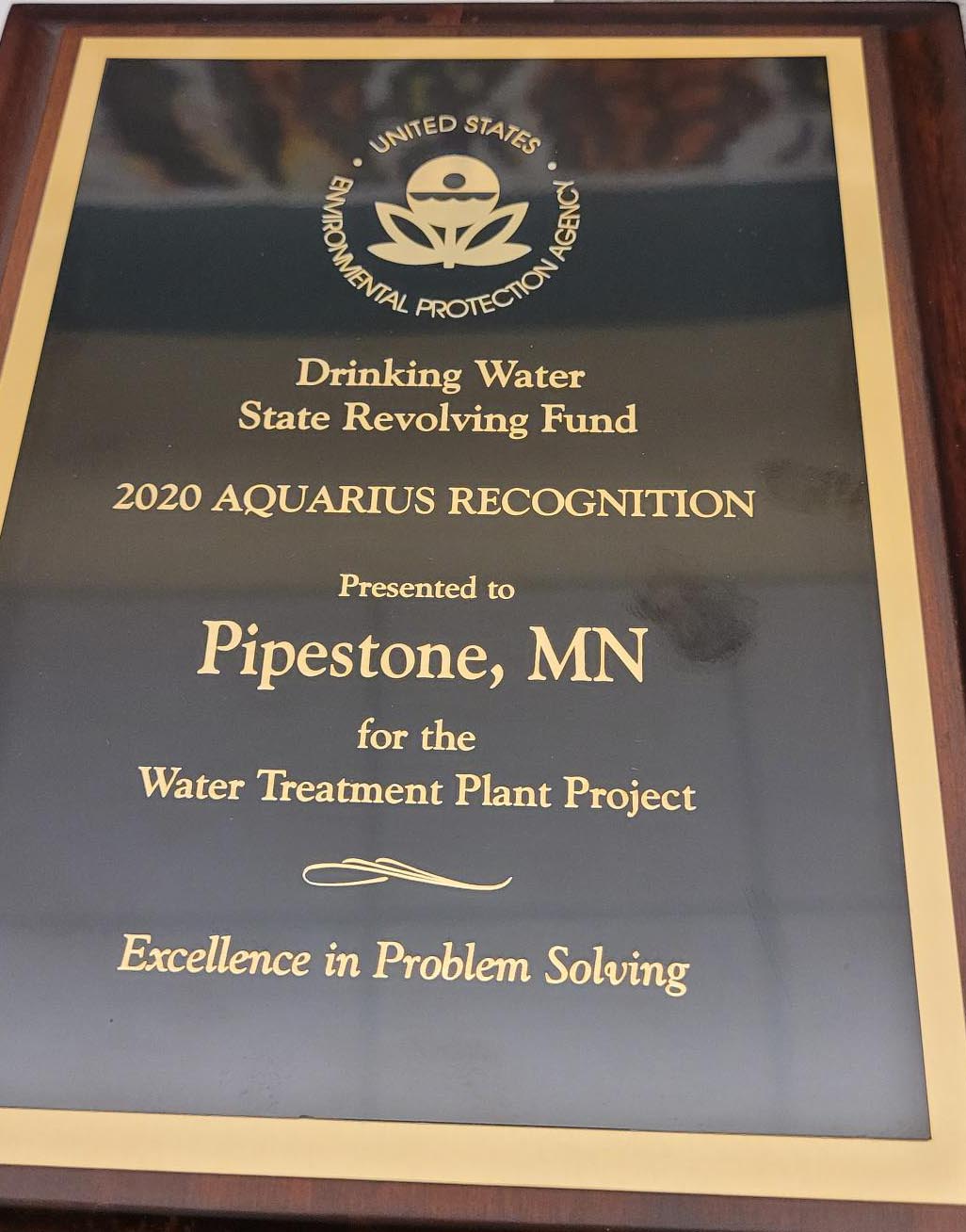 Minnesota Department of Health engineer Chad Kolstad presented the city of Pipestone with the Aquarius Award from the U. S. Environmental Protection Agency. The Aquarius Award recognizes exceptional projects for excellence in innovative financing, problem solving, and protection of public health and that serves as an example of the high level of innovation possible with the Drinking Water State Revolving Fund (DWSRF), which provides below-market-rate loans to water systems to achieve and maintain compliance with the federal Safe Drinking Water Act. Pipestone was recognized for its excellence and leadership in the financing and construction of a new water treatment plant to reduce the concentration of gross alpha emitters in its drinking water to protect public health. The new treatment plant was also designed to reduce the hardness of water leaving the plant, eliminating the need for residents to have home water softeners, which contribute to chloride concentrations at the city’s wastewater plant. Reducing the chloride concentration protects the environment in surface and groundwater downstream from the wastewater facility.
Minnesota Department of Health engineer Chad Kolstad presented the city of Pipestone with the Aquarius Award from the U. S. Environmental Protection Agency. The Aquarius Award recognizes exceptional projects for excellence in innovative financing, problem solving, and protection of public health and that serves as an example of the high level of innovation possible with the Drinking Water State Revolving Fund (DWSRF), which provides below-market-rate loans to water systems to achieve and maintain compliance with the federal Safe Drinking Water Act. Pipestone was recognized for its excellence and leadership in the financing and construction of a new water treatment plant to reduce the concentration of gross alpha emitters in its drinking water to protect public health. The new treatment plant was also designed to reduce the hardness of water leaving the plant, eliminating the need for residents to have home water softeners, which contribute to chloride concentrations at the city’s wastewater plant. Reducing the chloride concentration protects the environment in surface and groundwater downstream from the wastewater facility.
The Pipestone project was one of the first in Minnesota to deal with a wastewater issue by treating the drinking water supply. As the program coordinator of the Minnesota DWSRF, Kolstad said, “By taking a holistic approach to solving their problem, the city was able to meet both their public health and environmental standards far more cost effectively.”
The award presentation was held at the We Are Water exhibit at the Pipestone library and was the culmination of a Clean Water Council tour of drinking water systems in southwest Minnesota. The visits to Nobles, Rock, and Pipestone counties provided a first-hand look at a number of projects to improve water quality with funding from the Clean Water, Land, and Legacy Amendment.
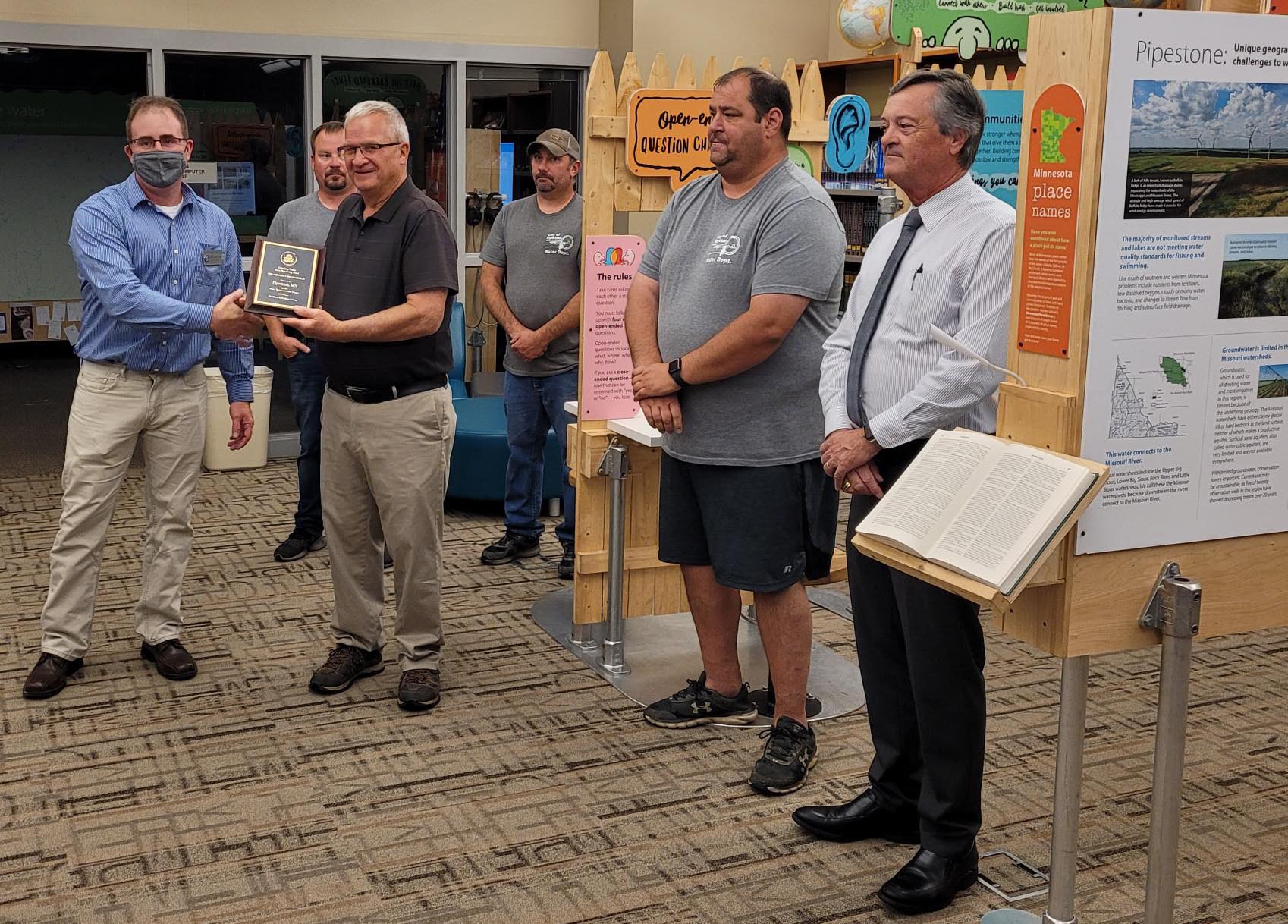 |
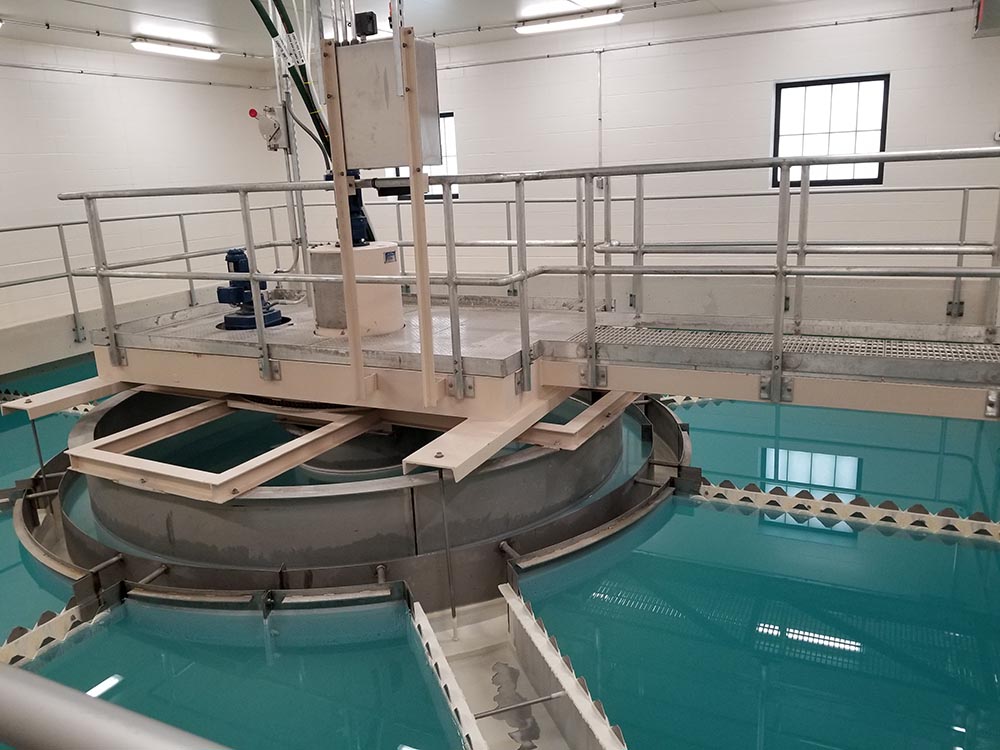 |
In the photo on the left, Chad Kolstad (far left) presents the EPA Aquarius Award to Pipestone mayor Myron Koets. The photo on the right shows the clarifier at the Pipestone plant.
Go to top
Water-Wastewater Utilities Treatment and Technology (WUTT) Program Update
By Carol Kaszynski, Chair, WUTT Advisory Board
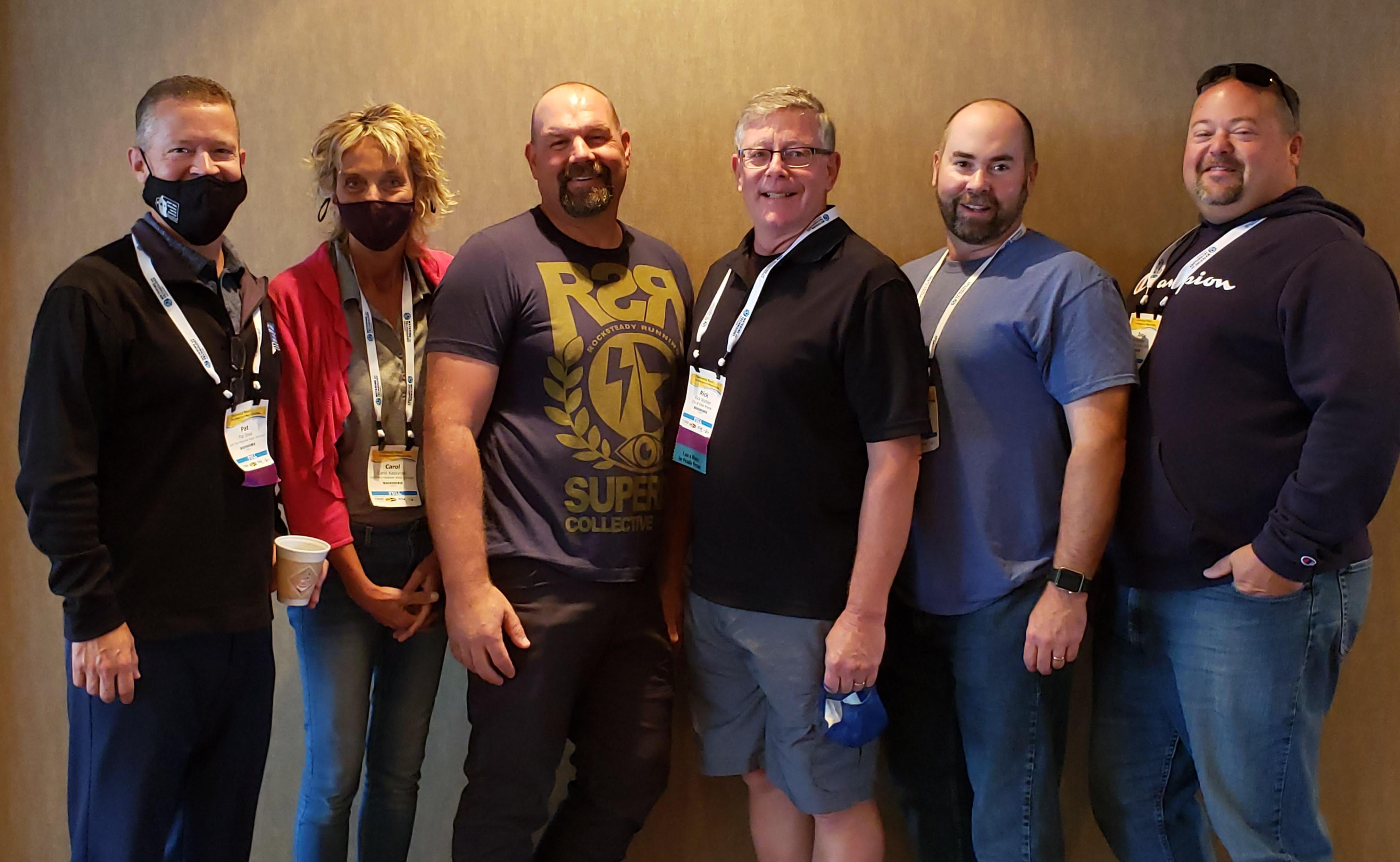
The WUTT Advisory Board (with Pat Shea, Carol Kaszynski, Eric Volk, Rick Whalen, Joe Wokson, and Joe Hansen shown above) received the Andrew Sullivan Outstanding Service Award at the annual conference of the Minnesota Section of American Water Works Association in Duluth. The other advisory board members are Bert Tracy, Bill Schluenz, George Kraynick, Dave Lemke, Paul Coone, Dolly Ludden, Dave Stifter, Jim Bode, Steve Grossman, Chris Voeltz, Paul Christensen, Amy Schraeder, Bob Smude, Stew Thornley, Jodi Wallin, Dave Simons, and Bill Spain.
A newly created water and wastewater training and education training program is underway at St Paul College. This program was created, in part, due to the immediate and long-term need to hire qualified and competent water/wastewater professionals. The need for candidates is growing due to the increased number of job openings related to retirements.
Endorsed by the Minnesota Health Department and the Minnesota Pollution Control Agency, the Water-Wastewater Utility Treatment and Technology (WUTT) program provides students with a water/wastewater-focused education and training opportunity.
Benefits
The WUTT program:
- Provides training on basic water distribution, water treatment, wastewater collection, and wastewater treatment. It also provides supplemental training for working water/wastewater professionals.
- Provides a college training facility that is centrally located. The college is located on the bus line and near light rail, in addition to having convenient vehicle parking.
- Offers an improved set of options in the course schedule. The program schedule provides more flexibility, such as online and nights.
- Offers more diversity. The program is aimed at all potential students. This focus includes people of all backgrounds, genders, and economic statuses. Partnerships between the advisory board, the college, counties, and non-profits allow an expanded network for recruitment opportunities.
- Provides hands-on experience in the laboratory and in the field. Being centrally located in the metro area provides greater access to partnering agencies, such as St. Paul Regional Water Services, the city of Minneapolis, and others.
- Provides a career pathway, with curriculum, that allows cities and other agencies to meet their continuous and critical hiring needs. Students who successfully complete the WUTT program and pass the Class D water and/or Class D wastewater examination will become certified operators. Cities will have their employment needs addressed and fulfilled, once again.
Overall, the WUTT program is an innovative, relevant, and vital career pathway for people new to the water-wastewater industry as well as a training option for current industry professionals.
Students and water/wastewater agencies will benefit greatly from this program.
Next Cohort Begins
Two cohorts (modules) are underway. The goal is to begin another one in March 2022 if eight students register. We hope people will share the information of the WUTT program with friends, family members, peers, etc.
Donation Requests
The WUTT program is always seeking donations of materials, equipment, and parts. If you are able to contribute, please contact Steve Grossman at the city of Lakeville, sgrossman@lakevillemn.gov.
Financial support of the WUTT program is also needed. As a non-profit, the WUTT program seeks funds to support students with conference registration, travel arrangements, and scholarships.
In addition, we are seeking qualified instructors to teach a five-week course. All course materials will be provided, and the pay is $50 an hour.
If you are interested in attending, spreading the word, donating, and/or instructing and would like additional information or details, please contact me, carol.kaszynski@ci.stpaul.mn.us.
Thank you!
Go to top
DWP Profiles: David Vaaler, Stephanie Voeller, and Indran Kamalanathan
The Public Water Supply units at the Minnesota Department of Health have welcomed several new employees:
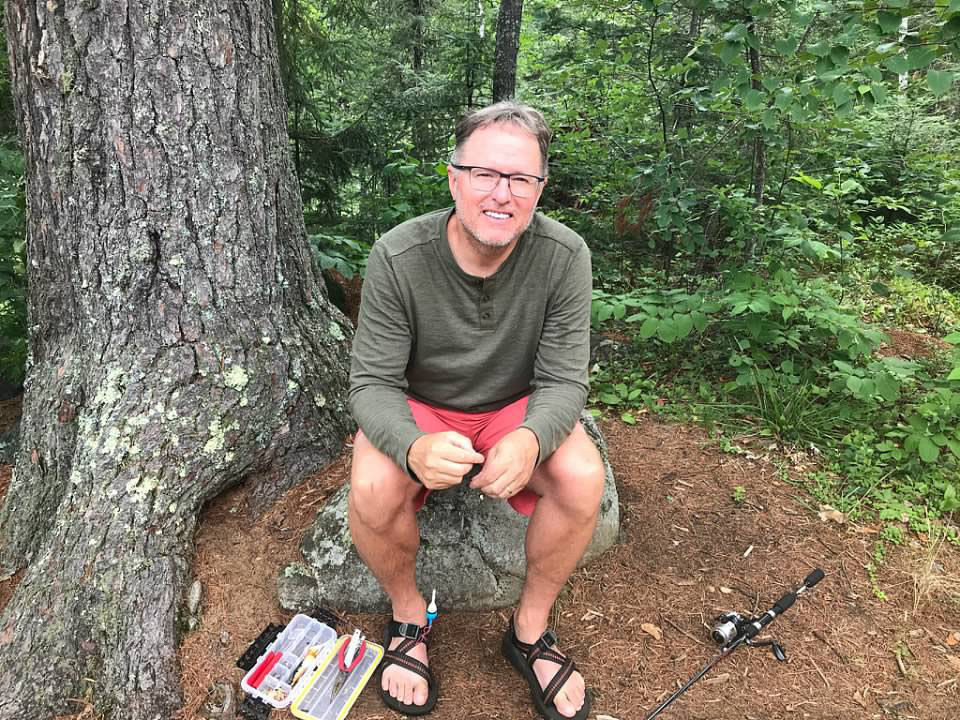 David Vaaler has rejoined the Minnesota Department of Health (MDH) and is now a compliance officer in the Community Public Water Supply Unit. He will be working with water systems on compliance issues related to organic and inorganic chemicals as well as disinfection byproducts. He had worked for MDH before moving to the Minnesota Pollution Control Agency.
David Vaaler has rejoined the Minnesota Department of Health (MDH) and is now a compliance officer in the Community Public Water Supply Unit. He will be working with water systems on compliance issues related to organic and inorganic chemicals as well as disinfection byproducts. He had worked for MDH before moving to the Minnesota Pollution Control Agency.
David and his wife, Kelly, have several children: son Ethan (age 20), daughters Lauren and Anna (18 and 15), and dog Cooper (11). David made it through the pandemic with a variety of activities, including being the self-appointed chef at his house with one of his dishes getting a family score of 9.8 out of 10. He also did some Tik Tok videos with his youngest (Anna presumably, not Cooper) that generated a small fan base.
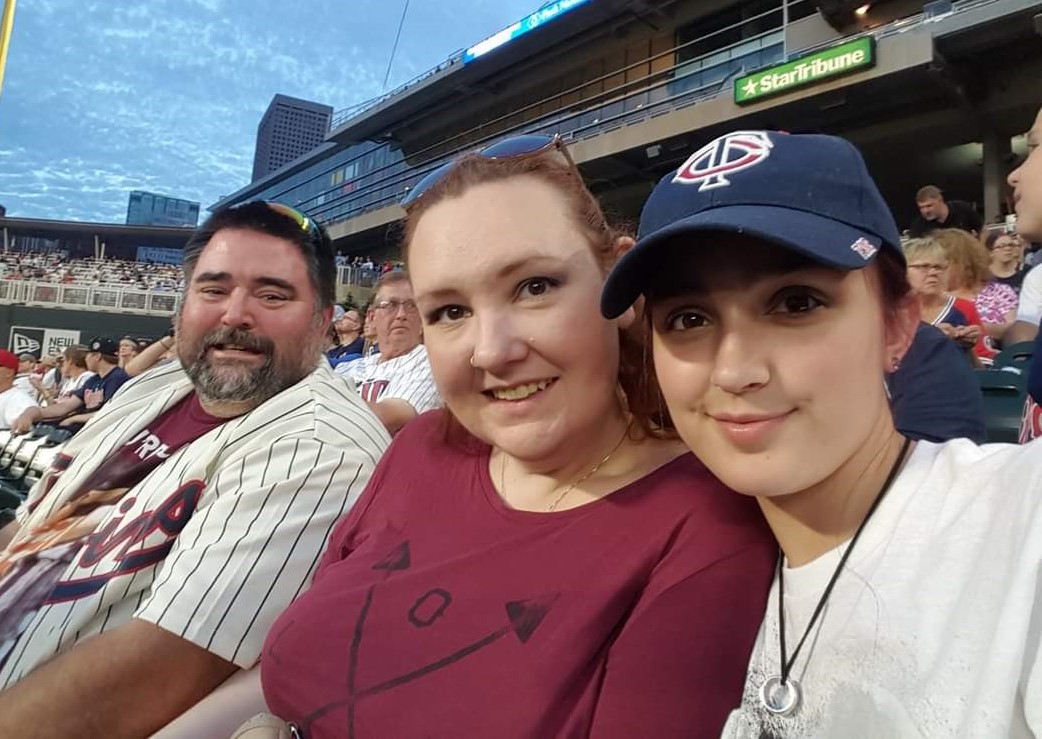 Stephanie Voeller has joined the Drinking Water Protection Section as the compliance officer for the Lead and Copper Rule. She has been involved in health-related roles her entire career and had worked for Allina as a provider coordinator and compliance administrative assistant for hospice.
Stephanie Voeller has joined the Drinking Water Protection Section as the compliance officer for the Lead and Copper Rule. She has been involved in health-related roles her entire career and had worked for Allina as a provider coordinator and compliance administrative assistant for hospice.
After living in Wyoming and Colorado, her family moved to Minnesota when Stephanie was in elementary school, and she grew up in Coon Rapids. Stephanie and her husband just moved their kiddo, Amanda, into their dorm at the University of Nevada, Las Vegas, where they will be studying psychology. Stephanie volunteers for Wags and Whiskers, an animal rescue organization. They have fostered kittens for many years and have adopted two of them, Crowley and Meowser.
Stephanie’s hobbies include knitting and crafts, casual gaming, and travel. She will be going on a Caribbean cruise, one that was rescheduled due to COVID. She also made it back to the Renaissance Festival and State Fair, events that she missed last year because of the pandemic. Stephanie and her family also look forward to rooting for the Twins in person each year. Attending a Twins game on Star Wars Night has been a family tradition.
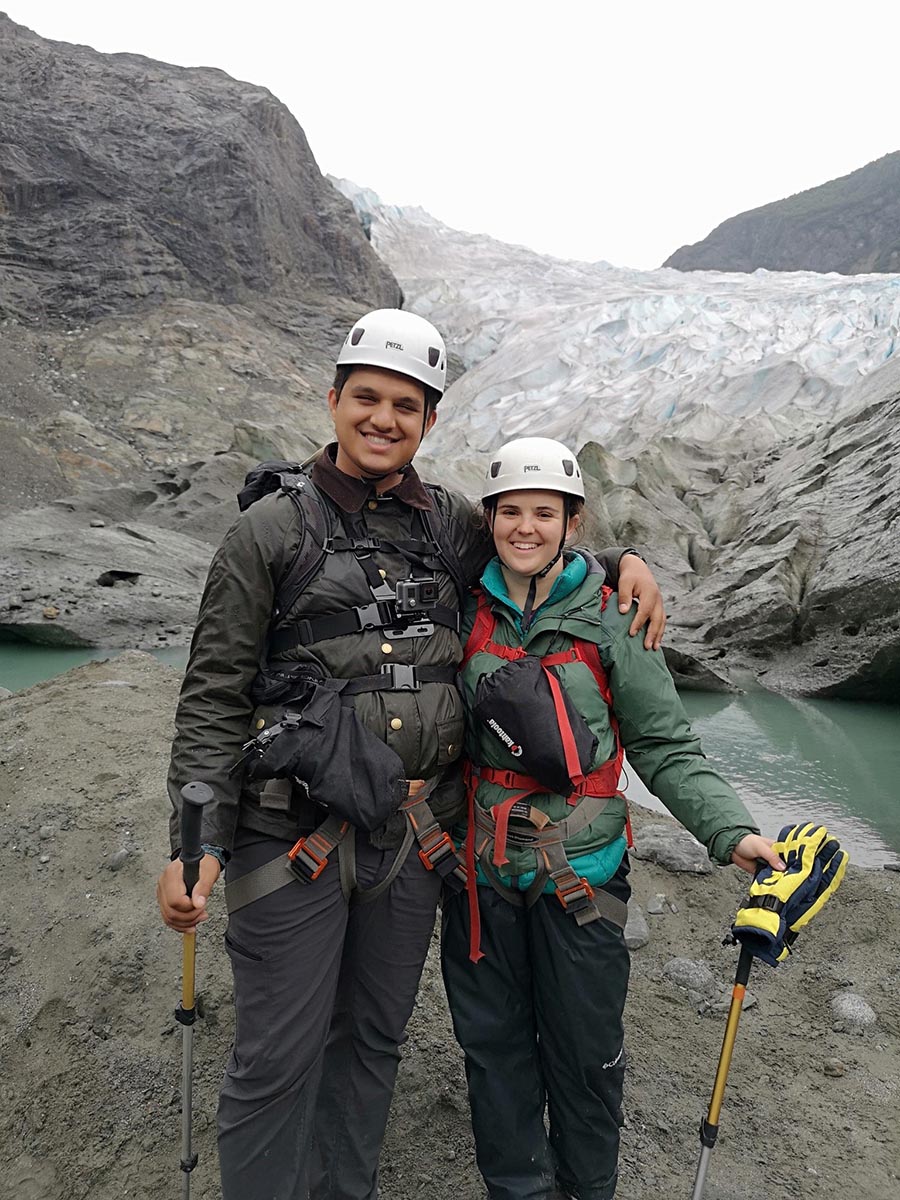 Indran Kamalanathan has joined the Community Water Supply Unit as a compliance engineer, focusing on the fecal coliform and disinfection byproducts rules.
Indran Kamalanathan has joined the Community Water Supply Unit as a compliance engineer, focusing on the fecal coliform and disinfection byproducts rules.
Indran has a Bachelor’s of Science degree in chemical engineering from the University of Arkansas and a Master of Science degree in environmental engineering from the University of Illinois. He previously worked for Strand Associates in Joliet, Illinois, focusing on wastewater treatment.
Indran and his partner, Kaylee Smith, Ph.D., are both chemical engineers from Arkansas who now live in St. Paul. The photo at the left shows them hiking on the Mendenhall Glacier in Juneau, Alaska.
Indran has lived in England, Hong Kong, Arkansas, Illinois, and now Minnesota. Being new to the area, he is excited to explore winter hobbies. Besides hiking, Indran enjoys woodworking, board games, and comics.
Go to top
Words to Live By
If I knew I was going to live this long, I’d have taken better care of myself.
—Mickey Mantle
Ego is just an overdressed insecurity.
—Quincy Jones
There is nothing more deceptive than an obvious fact.
—Sherlock Holmes
I don’t vote. It just encourages them.
—Maine woman
Do not ruin an apology with an excuse.
—Benjamin Franklin
You can’t build a reputation on what you’re going to do.
—Henry Ford
I love mankind. It’s people I can’t stand.
—Linus Van Pelt
Go to top
Past Waterlines Archived at wateroperator.org
The Minnesota Department of Health is archiving past issues of the Waterline for only the previous three years. However, wateroperator.org is hosting past issues back to 1997.
To access these, go to Search for Documents. Select the following filter criteria: HOST – Minnesota Department of Health; TYPE – Newsletters/Magazines; STATE – Minnesota. Click the “Retrieve Documents” button.
Go to top
Reminder to All Water Operators
When submitting water samples for analyses, remember to do the following:
- Take coliform samples on the distribution system, not at the wells or entry points.
- Write the Date Collected, Time Collected, and Collector’s Name on the lab form.
- Attach the label to each bottle (do not attach labels to the lab form).
- Include laboratory request forms with submitted samples.
- Do not use a rollerball or gel pen (the ink may run).
- Consult your monitoring plan(s) prior to collecting required compliance samples.
Notify your Minnesota Department of Health district engineer of any changes to your systems.
If you have questions, call the Minnesota Department of Health contact on the back of all sample instruction forms.
Calendar
Operator training sponsored by the Minnesota Department of Health and the Minnesota AWWA will be held in several locations this spring.
Register for schools and pay on-line:
Go to top